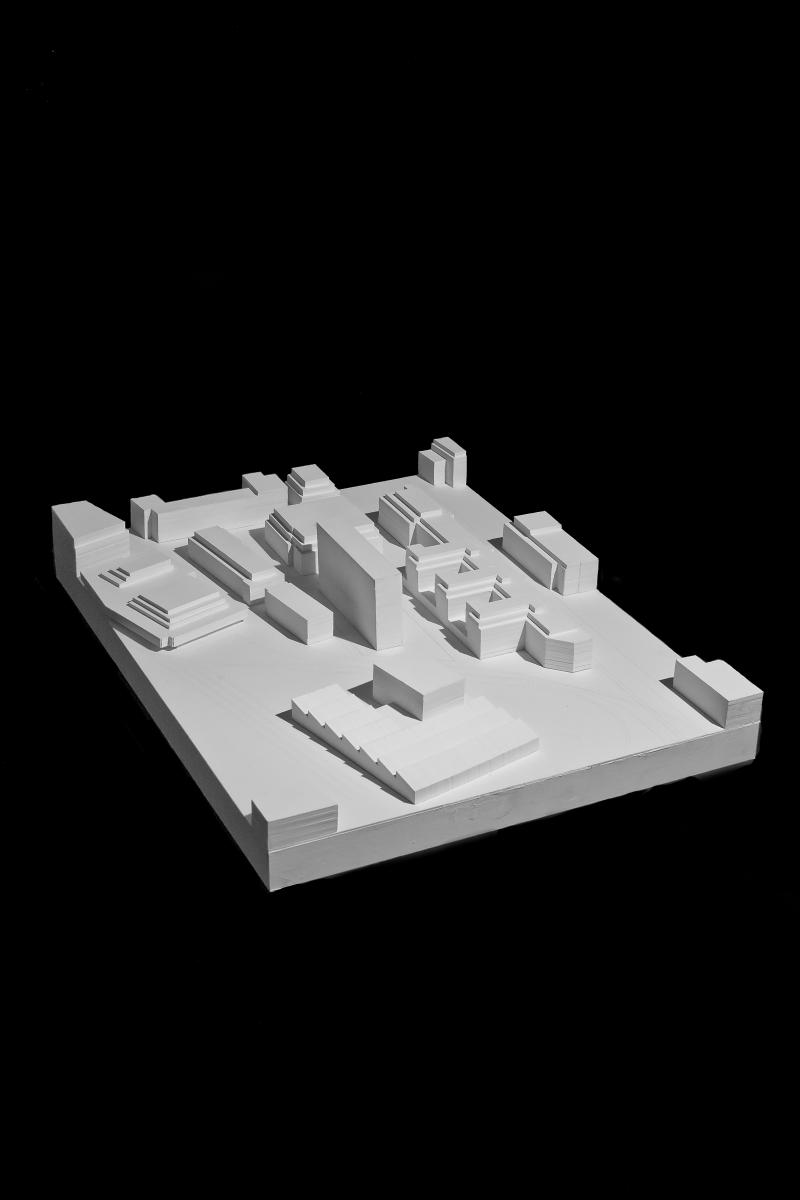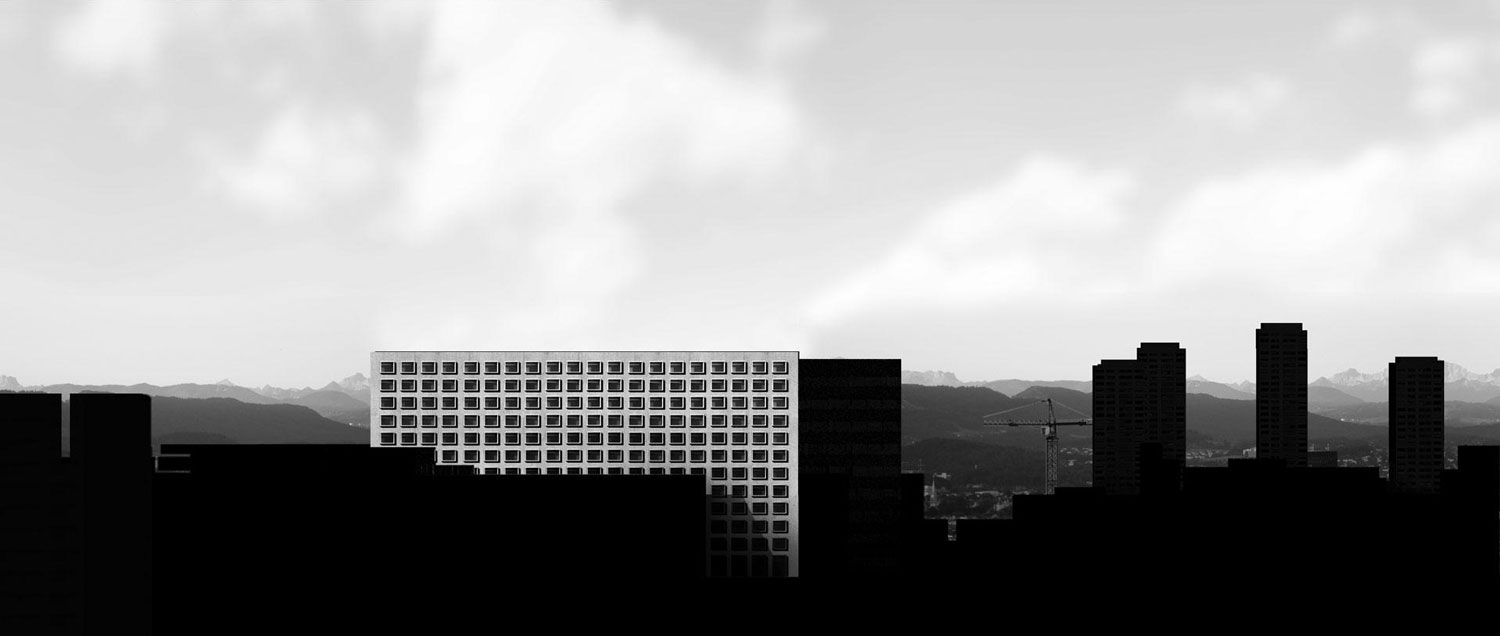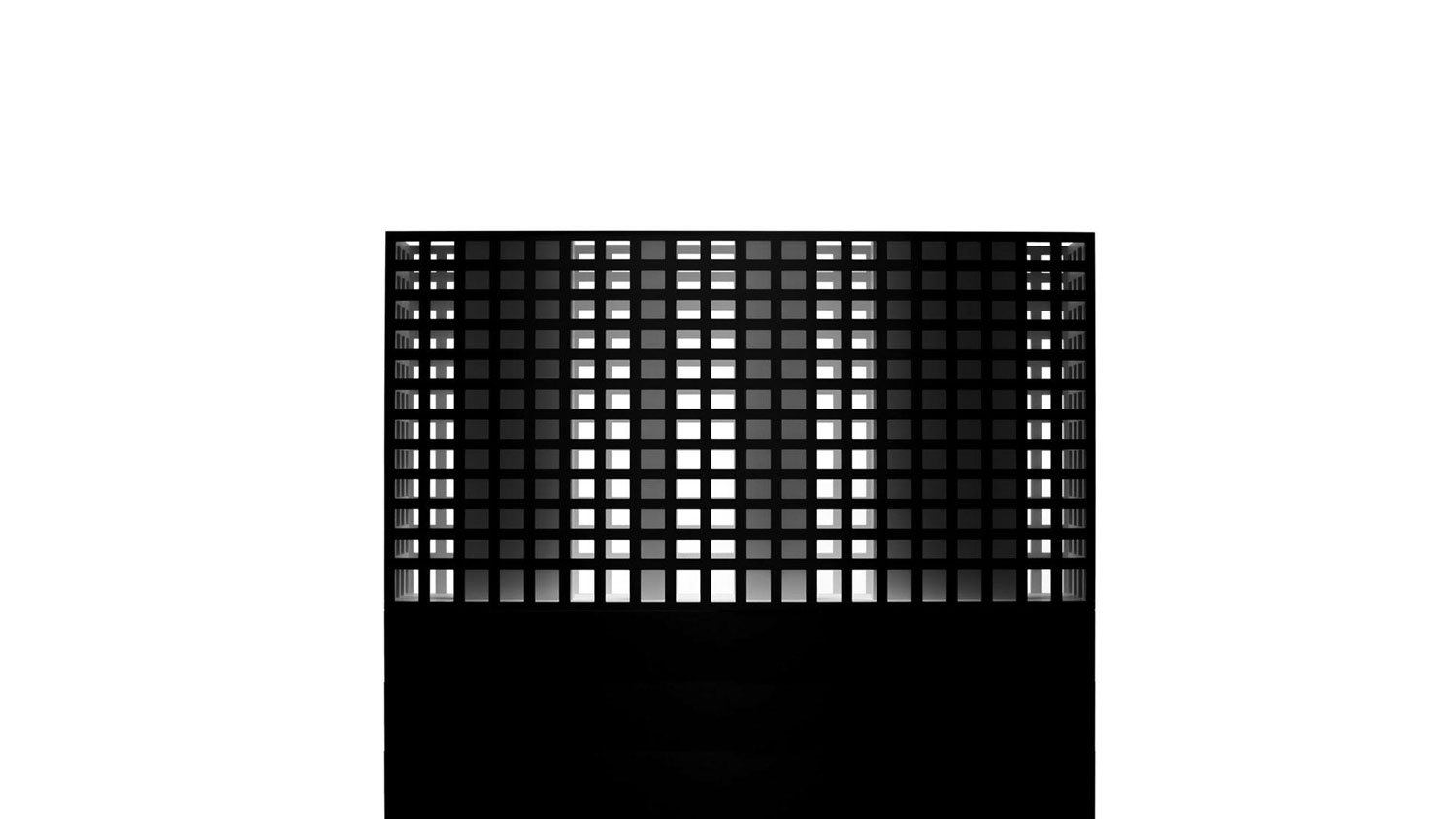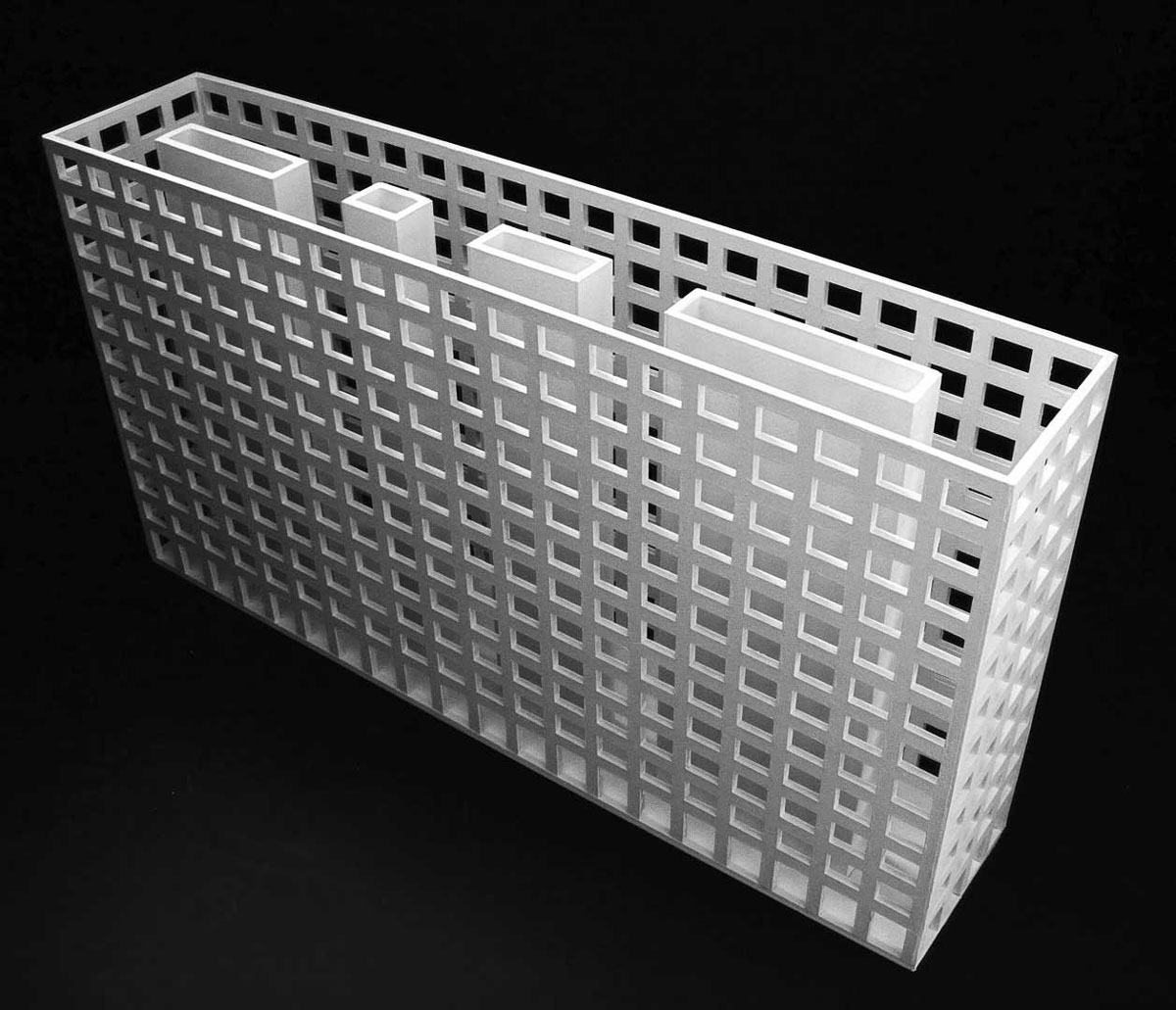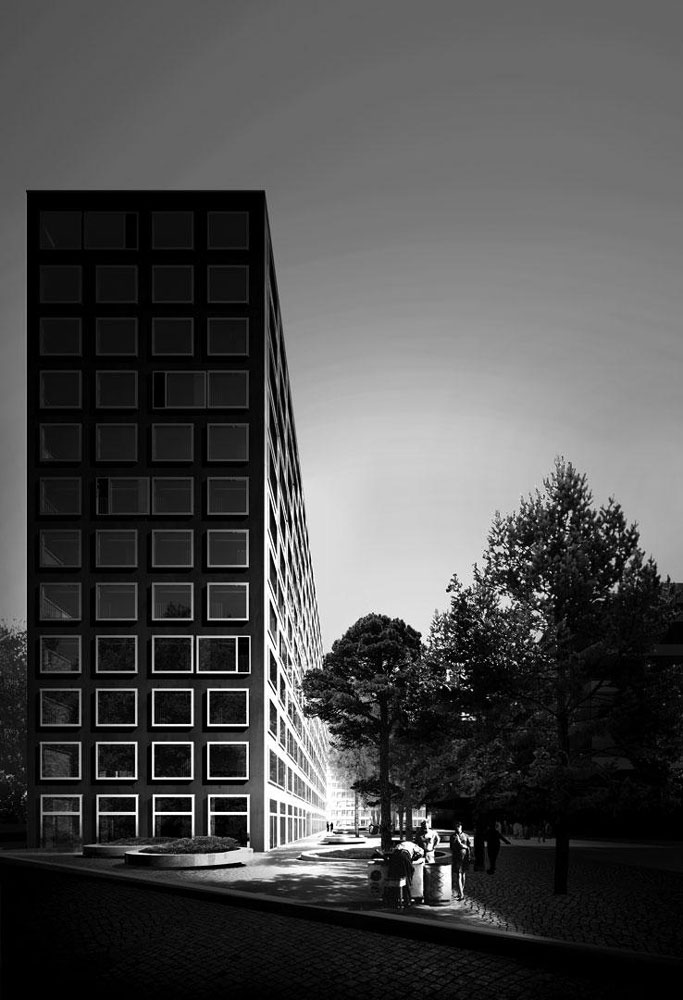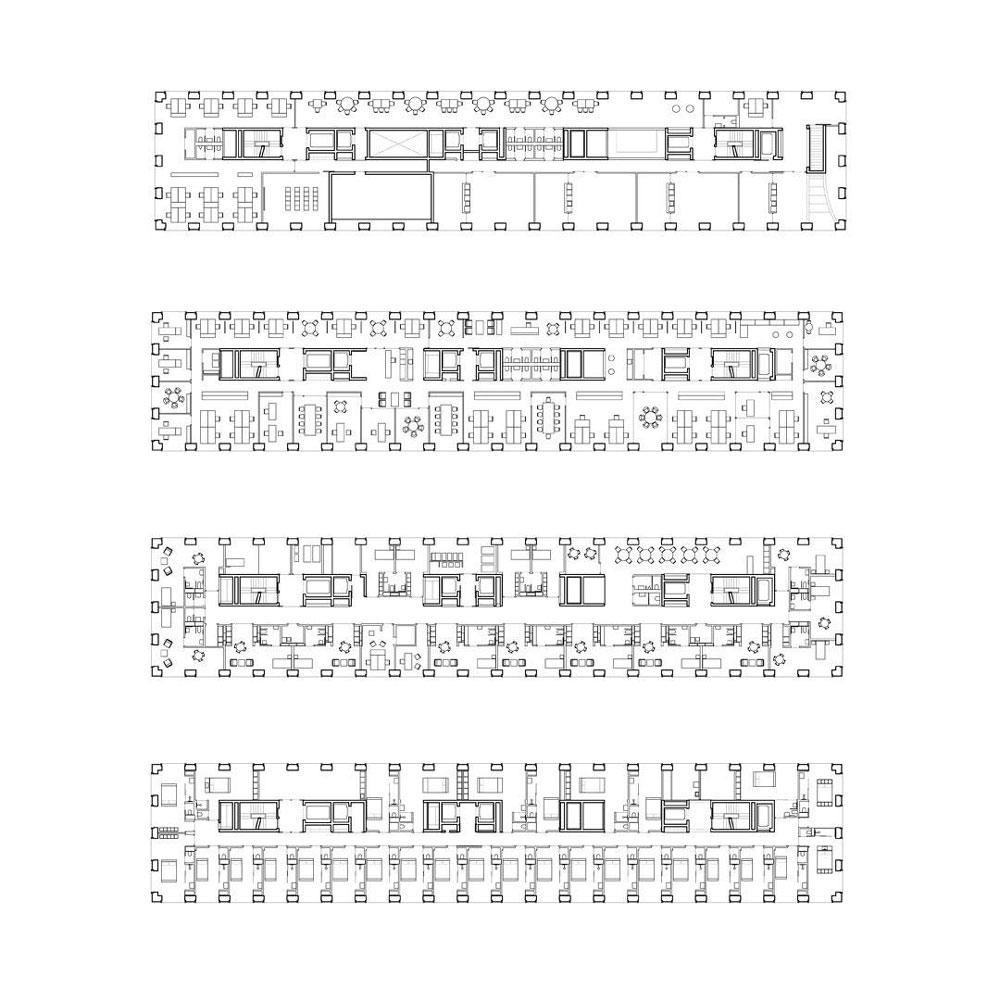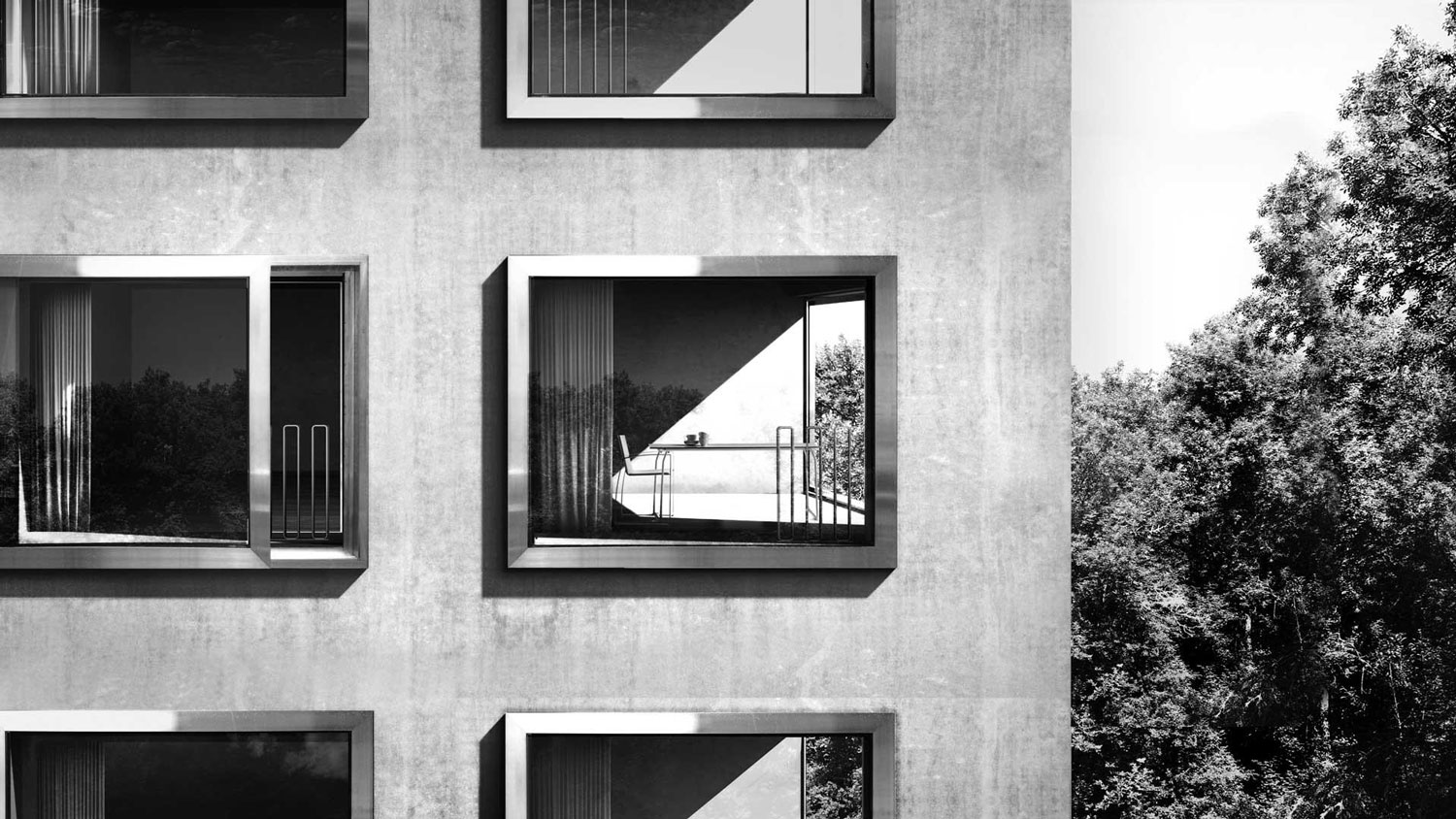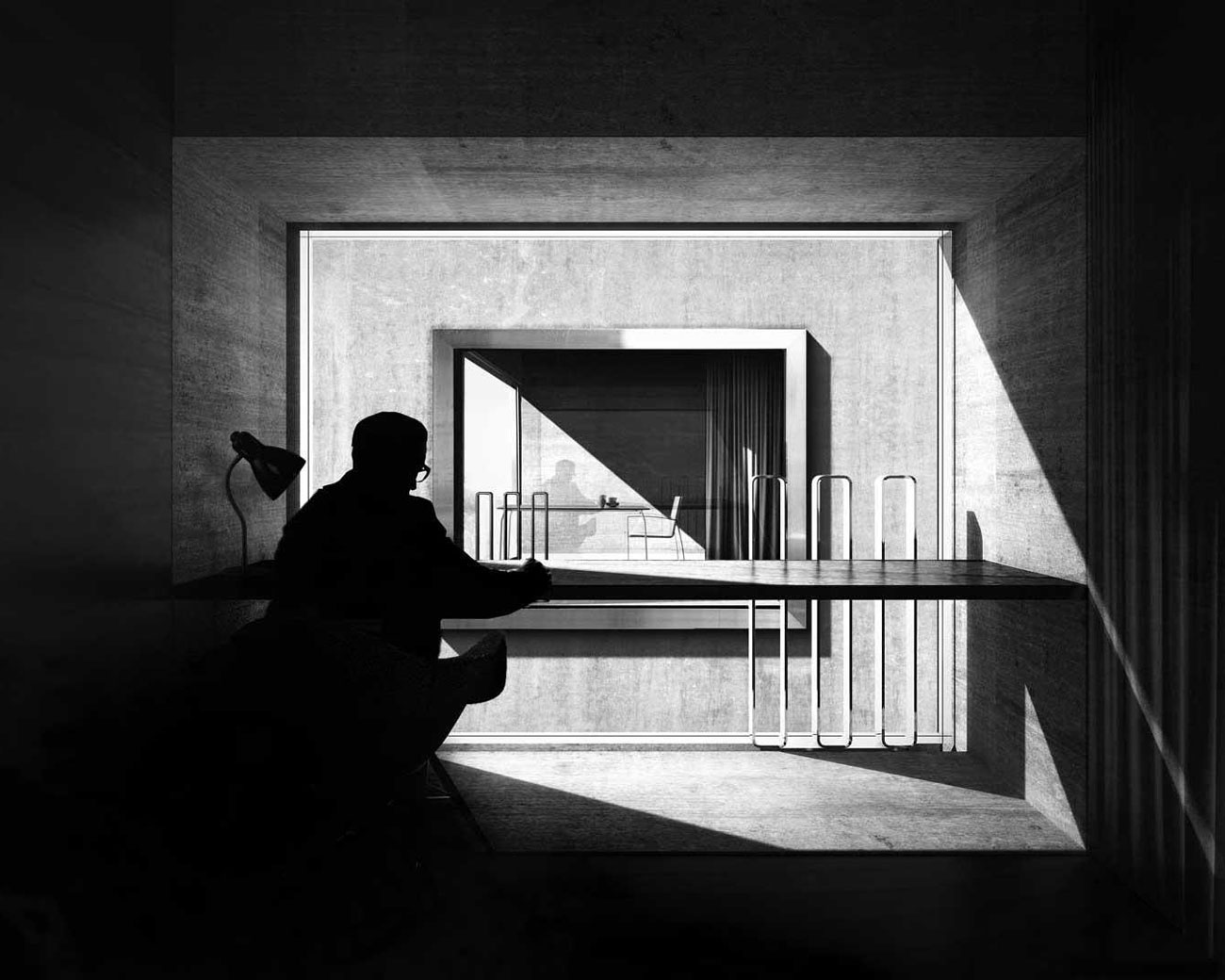1156-E2A-ZRH.CH-2013.16
Client: Diakonie Bethanien
Status: Project (2013) On going (2013 - 2016)
Location: Zürich, Switzerland
Climate: Oceanic / maritime, Temperate
Material: Concrete
Environment: Urban
Visualizer: Studio
Scale: Medium
Types: Housing, Residential
The plane-like building volume can be interpreted as a solitary gesture. The orthogonal form of the plane plays off of the typologies present in the surrounding urban fabric, which is characterized by manufacturing plants. The diagonal relationships resulting from this strategy create the basis for the structure of the exterior spaces.
The deaconry consists of a complex set of interrelated functions; this arose out of necessity in the coordination of the intended nursing and assistance programs, particularly in regard to the extensive infrastructure required to create the most possible synergies. As such, the program includes a palliative care facility, daycare, specialized medical facility, classrooms, service areas, and a hotel with a conference room, bar, and restaurant.
A complex and efficient infrastructural core services these various functions. Some are finished with self-contained vertical circulation, allowing parallel and simultaneous operations to occur without causing conflicts of interest between these separate functions. The interplay of the programmatic elements results in a ground floor highly connected to the adjacent open space. The functions themselves create a public destination animated by the activity of the site, thus giving the space an urban quality.
The slight widening of the volume’s cubic form benefits the organization of the floor plans. With a linear core zone and load-bearing exterior walls, a column-free plan was developed and can be arranged in many configurations. In response to the vertical sequence of the functions, a robust structure with a high level of flexibility was created. The façade receives consistent treatment on each side with repetitive patterns of external sliding glass windows. Similarly to the structure of the floors, each of the various programmatic elements will manifest themselves through the use of the openings, generating an intriguing building skin. Individually adjustable sliding shutters on the façade create a playful variability, allowing the grid of the windows to temporarily disappear and hinting at the simultaneous existence of multiple functions.
